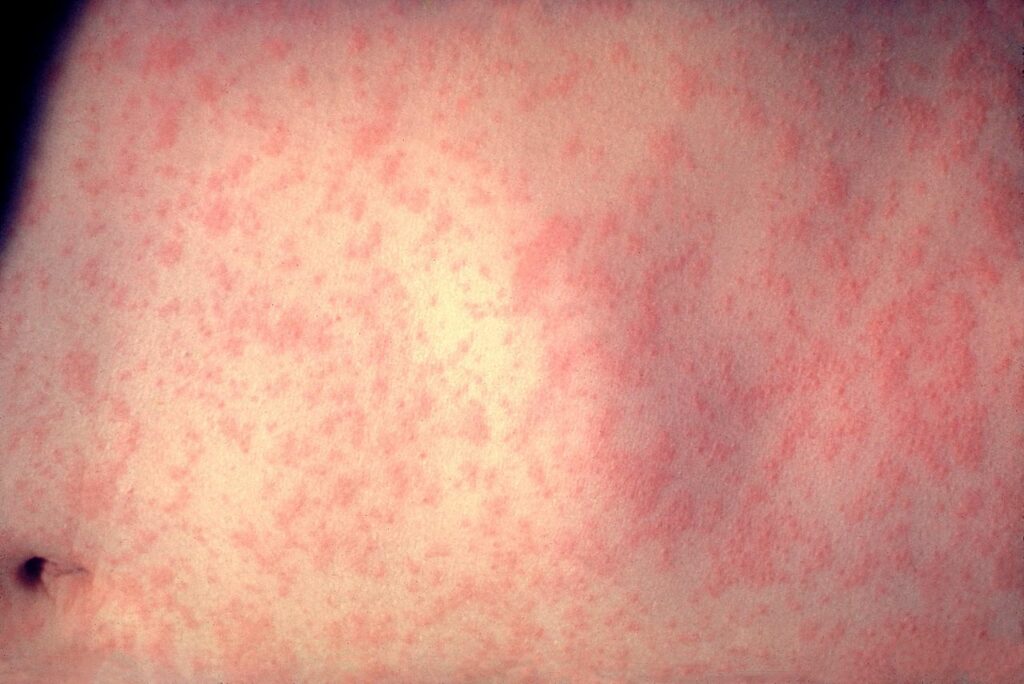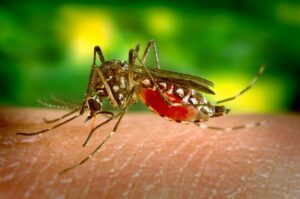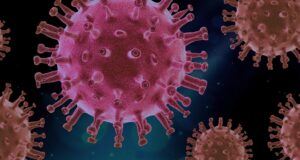Measles Outbreak in Europe and the United States in 2019

Neucrad health News Desk September 9, 2019
2019 has registered a largescale outbreak of measles in various countries of Europe and New York City and Rockland County in the United States. In the first six months of the year, the World Health Organisation (WHO) has reported approximately 90000 measles cases only in Europe. Ukraine, Serbia, Greece, France, and Italy are some of the worst-affected countries. The highly infectious measles virus has infected both children and adults. The Centres for Disease Control and Prevention (CDC) opined that in 2019, America had seen the highest number of measles cases after 1994. This year there have been more than double outbreak of this infection from 2018 when the total number of victims in Europe was around 84462. The World Health Organization (WHO) has activated a Grade 2 emergency in Europe in response to the measles infection. On August 5, WHO has decided to extend the emergency for another three months in Europe.
What measures are taken by the WHO to control the spread of Measles?
The WHO Regional Office for Europe is working simultaneously with the immunisation and disease surveillance systems of every affected country to control the spread of measles. The health experts have advised the medical staff to ensure that everyone in their locality has access to vaccines. Identify the individuals who have missed this vaccine in their childhood, and administer them the required doses of the immunisation now. The health workers should also receive adequate doses of the vaccine and be confident in strengthening the trust among the general public about the effectiveness of vaccines in preventing the disease. Uninfected people must avoid direct physical contact with infected people. Refrain from touching the surfaces where measles droplets might have been ejected from patients. The government should also ensure that measles vaccination is available in the interior rural areas so that nobody misses the vaccine due to unavailability of injections.
What is Measles?
Measles or rubeola is a highly contagious viral infection which mostly affect the respiratory system. There are two types of measles- common form caused by the rubeola virus, and the German measles caused by the rubella virus. The pathogen mostly thrives in the mucus of the nose and throat. The infection remains contagious for approximately four days before the appearance of rashes and continues to remain infectious for about four to five days after this stage. Since it is a viral infection, patients usually do not require any special treatment unless there is any complication. Affected individuals develop immunity against the pathogen once they get infected by the virus. There are rare chances of contracting the disease again in their life. It usually takes seven to ten days to get completely cured of the infection in the absence of any complications.
What are the symptoms of Measles?
Detailed below are some of the common symptoms of measles:
- cough
- fever
- runny nose
- conjunctivitis
- body ache
- photophobia
- Reddish-brown rashes usually starting behind the ears and eventually spreading across the head and neck.
- Koplik’s spots inside the mouth, cheeks, and throats.
What are the complications of Measles?
In some cases, measles can lead to complications like diarrhoea, vomiting, bronchitis, laryngitis, ear infections, and pneumonia. These complications are common in very young children and patients suffering from HIV, AIDS, vitamin deficiency, and leukaemia.
How can you prevent measles?
The most effective method of preventing measles is by vaccination. Two doses of this vaccine are 97 per cent successful in providing coverage against the disease. The widely used MMR vaccine helps in safeguarding against measles, mumps, and rubella. There is also an MMRV vaccine, which additionally protects you from chickenpox along with the previous three diseases. Children receive this vaccine at twelve months, and between four years and six years. This was all about the outbreak of measles in 2019. Stay vaccinated and prevent yourself from the infection. Stay vaccinated and prevent yourself from the infection.








